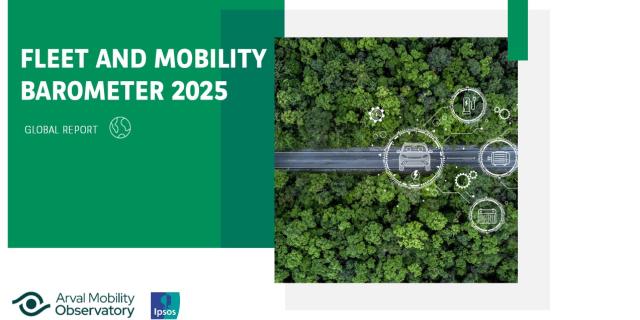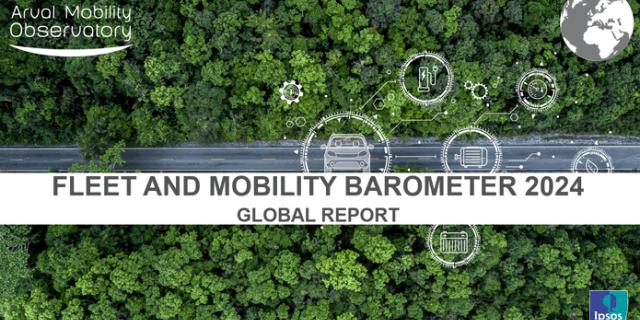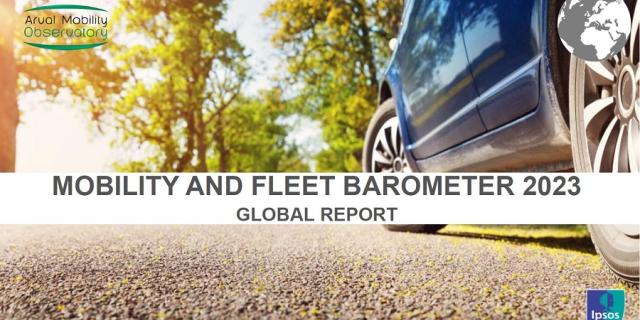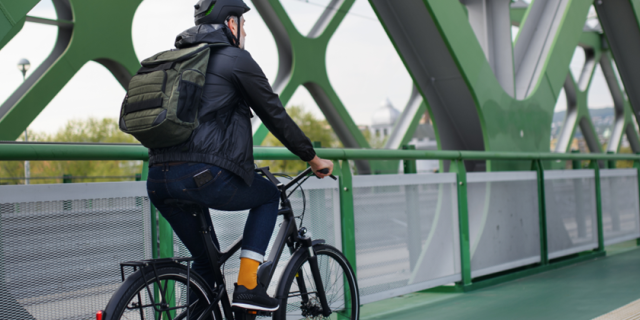 The climate emergency, well-being at work, the explosion in fuel costs, retaining talent... Companies no longer need convincing that they should care about their employees' travel. Moreover, in more and more countries, they are even legally obliged to do so, in a context where 90% of French workers want to be able to reduce the environmental impact of their daily travel (Ipsos).
The climate emergency, well-being at work, the explosion in fuel costs, retaining talent... Companies no longer need convincing that they should care about their employees' travel. Moreover, in more and more countries, they are even legally obliged to do so, in a context where 90% of French workers want to be able to reduce the environmental impact of their daily travel (Ipsos).
Work is the primary reason people travel, playing a central role in structuring the rhythms of urban life and people’s mobility. But how can we best support companies in a way that makes mobility an asset?
1. Decarbonised mobility for all but not at any price
79% of European companies have already implemented or plan to implement mobility solutions in the next three years, not as a replacement of but as a complement to existing ones (Arval Mobility Observatory annual barometer, April 22). Naturally, cost control is a central concern. Cost optimisation is based on tax-deductible solutions (leasing of company bicycles deductible at 25% for the employer, for example in France), or solutions that make it possible to make substantial savings on taxi costs or on reimbursed mileage allowances for private vehicles. The car-sharing solutions (car pools accessible to all employees via an app) already implemented by Arval France customers have saved around 30% on total mobility costs.
2. Employee safety comes first
The micro-mobility revolution raises urban safety issues. Providing company bicycles, scooters or mopeds is not possible without appropriate support. All services offered by Arval are accompanied by adequate insurance, safety kits (helmet, waistcoat, hand gel, etc.) and road safety training for employees.
3. Keeping cars in urban areas despite traffic and parking constraints
Companies that free up parking spaces usually allocated to personal cars for shared electric vehicles ensure much greater accessibility to cars: One car equipped with a reservation system and keyless access via an app can replace between five and ten individual cars, each of which requires at least 25m2 of parking space. Furthermore, innovative real estate programmes are already starting to integrate shared mobility services or mobility hubs for employees in the building.
4. Reduced administrative burden
Digital MaaS solutions that integrate mobility budgets for employees and that are linked to the company's HR interfaces and expense management systems help support the administrative management of mobility solutions. Booking journeys and accessing vehicles is just a few clicks away: no need for resources to manage travel.
All of these concerns are shared by the companies that Arval supports in their mobility plans, particularly within the framework of the Law on Mobility Orientation. Consulting services to diagnose each company’s own mobility needs, and multiple flexible, low-carbon and inclusive mobility solutions based on shared mobility, MaaS and company bikes.
The 360° Mobility offer acts directly to reduce companies’ CO2 emissions from employee mobility (50% of their total emissions on average), while optimising cost management and meeting the expectations of new generations of employees. These three key dimensions make Mobility an undeniable opportunity for companies committed to their employees.
- extract from the white paper « Sustainable mobility – the world of tomorrow” (in French) published by the consulting firm Howard Partners – June 2022













